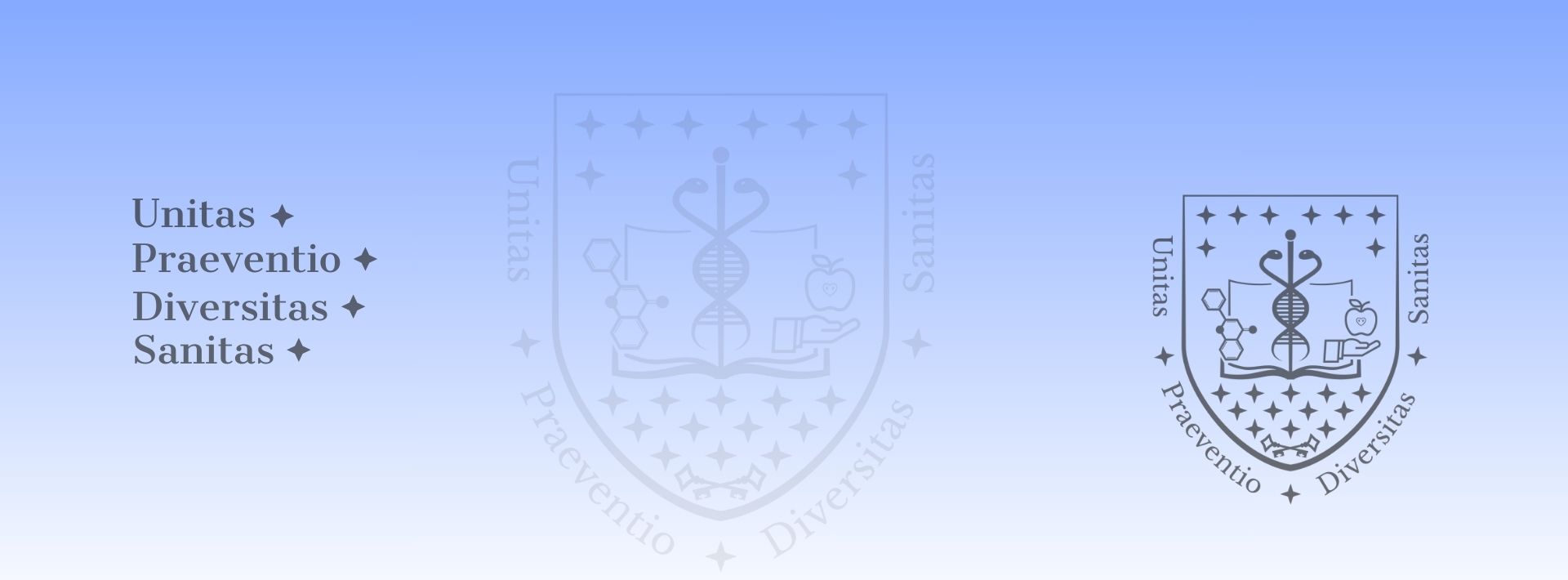Data
Official data in SubjectManager for the following academic year: 2024-2025
Course director
-
Varjas Tímea
assistant professor,
Department of Public Health Medicine -
Number of hours/semester
lectures: 12 hours
practices: 0 hours
seminars: 0 hours
total of: 12 hours
Subject data
- Code of subject: OXFKTE-z-T
- 1 kredit
- Dentistry
- Optional modul
- spring
-
Course headcount limitations
min. 5 – max. 30
Available as Campus course for . Campus-karok: ÁOK ETK GYTK TTK
Topic
The eating habits of different nations and landscapes can be completely different from each other, special regard to the used materials and kitchen technology processes. It is necessary to get to know the ideological background of major world religions, fasting and nutritional habits related to different religions, used materials, used kitchen technological procedures, in order to analyze the various diet-related diseases? Morbidity and mortality indicators in epidemiological and nutritional physiological aspects.
The course describes the effect of the various nutritional factors? Impact on the above-mentioned ratios and provides an extracurricular image of the world's religions? And nations? Nutritional habits.
Lectures
- 1. The French kitchen, main characteristics, nutritional and health science aspects - epidemiological data - Raposa László Bence
- 2. Overview of the Mediterranean life-philosophy and gastronomy, nutritional and health science aspects - Raposa László Bence
- 3. Anglo-Saxon areas: presentation of the characteristics of the Russian eating habits - Raposa László Bence
- 4. Benelux characteristics, methods of preparing food, nutritional and health science aspects - Raposa László Bence
- 5. Scandinavian countries; typical eating habits, nutritional and health science aspects - Raposa László Bence
- 6. Bible and nutrition, the Catholic religion, fasting habits - Raposa László Bence
- 7. Far Eastern cuisine overview, epidemiological aspects - Raposa László Bence
- 8. American eating habits'; impact on obesity and related illnesses - Raposa László Bence
- 9. The Jewish religious life, Jewish food - Raposa László Bence
- 10. The Islamic faith and the basics of Islam, Ramadan, the Arabic countries; nutritional habits - Raposa László Bence
- 11. Summary - Raposa László Bence
- 12. Exam, test - Raposa László Bence
Practices
Seminars
Reading material
Obligatory literature
Literature developed by the Department
PPT-presentations (Neptun, Teams)
Notes
Recommended literature
Conditions for acceptance of the semester
exam
Mid-term exams
Examination: written test
Making up for missed classes
based on individual consideration
Exam topics/questions
Neptun
